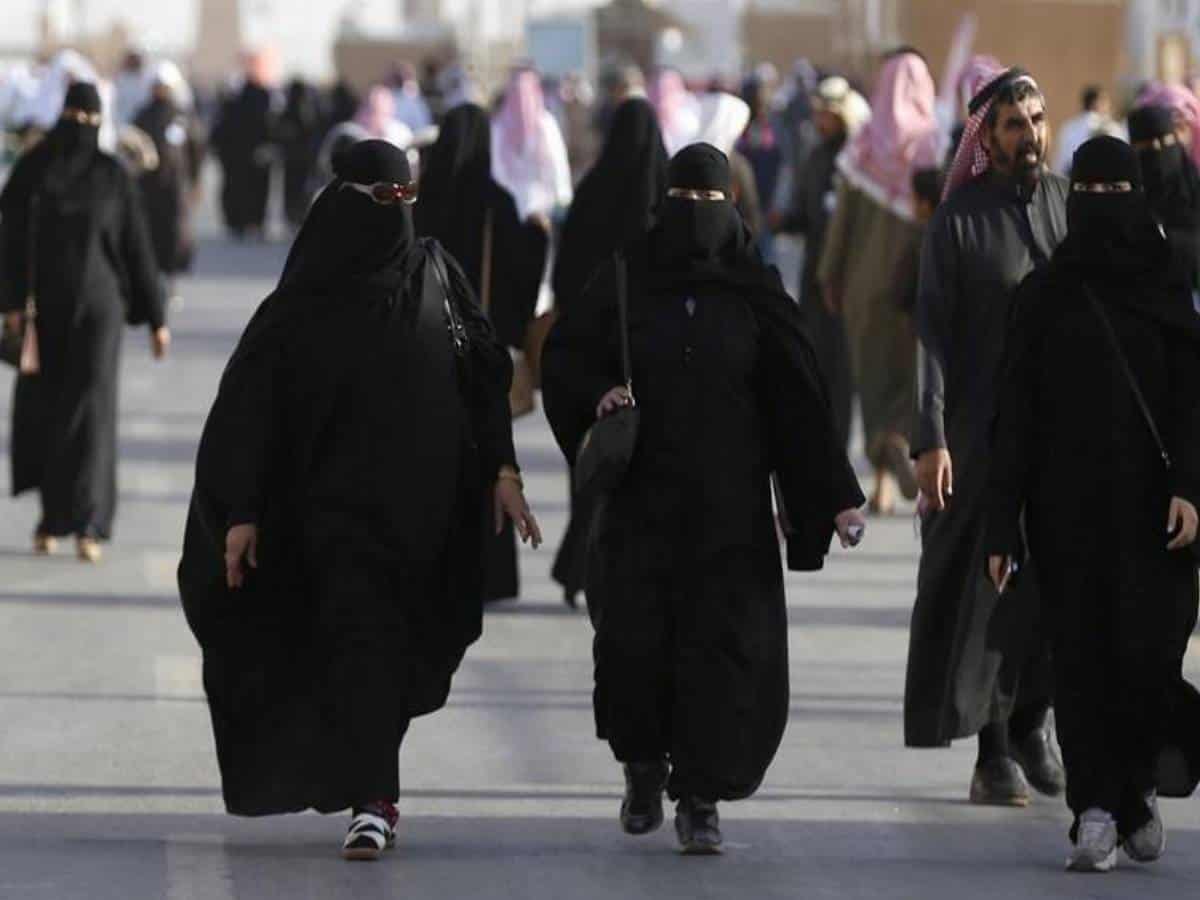Riyadh: The Kingdom of Saudi Arabia has officially allowed single, divorced, and widowed women to live independently in a home without permission from the father or any other male guardian, local media reported on Wednesday.
This landmark law grants Saudi women the freedom to live alone in a separate residence without the consent of their male guardian.
Saudi Arabia has been practicing wali—the mandate for a woman to have a male guardian. This means all women in Saudi Arabia will have a male guardian—it can be a husband, brother, son, uncle, or father.
Judicial authorities abolished Article 169, Paragraph B of the Law of Procedures before Sharia Courts, which stipulates that an unmarried, divorced, or widowed adult female must be handed over to her male guardian.
It was replaced by a new legal provision stating, “An adult woman has the right to choose where to live. A woman’s guardian can only report her if he has evidence that she has committed a crime.”
The text also states that “if a woman is sentenced to imprisonment, she will not be handed over to her guardian after the expiry of her term.”
“Families can no longer file lawsuits against their daughters who chose to live on their own,” Gulf News quoted lawyer Nayef al-Mansi. He said that the courts will no longer accept such cases which were given priority earlier.
Earlier in January, the Kingdom allowed women of 18 years of age or above who have an ID card will be able to change their name without the guardian’s permission.
In August 2019, Saudi Arabia also lifted travel restrictions on Saudi women. Saudi women over the age of 21 are allowed to apply for passports and travel freely without the permission of a male guardian.
As part of the Vision 2030 plans being implemented in the country under the leadership of Saudi Crown Prince Mohammed bin Salman, many new areas have been opened up for women.

